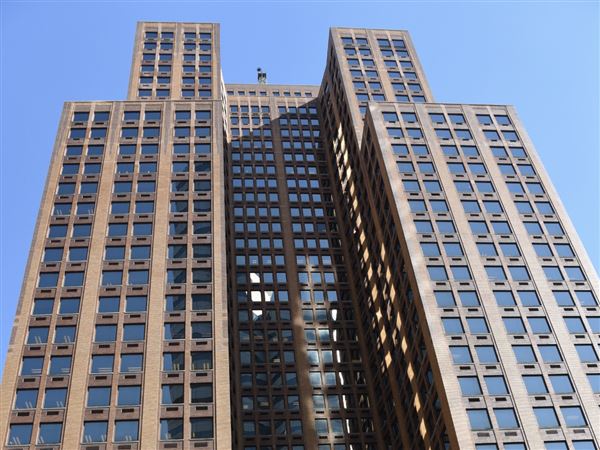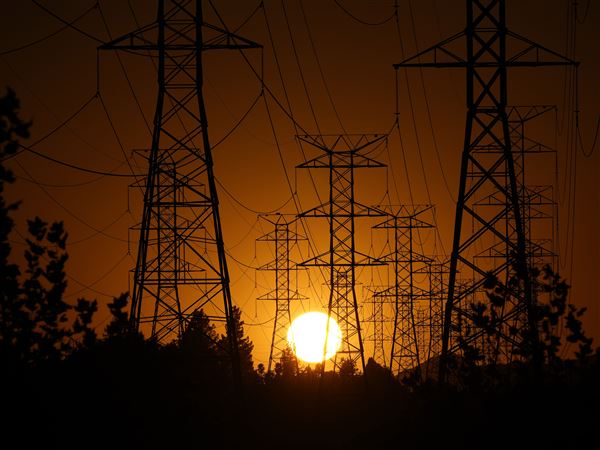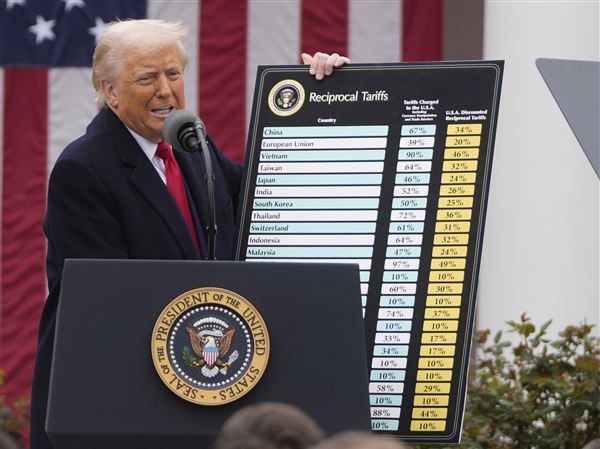BEIRUT, Lebanon -- Saudi Arabia will withdraw most of its 1,200 troops from neighboring Bahrain by next week after a three-month mission to quell an uprising against the monarchy there, a Saudi official said on Tuesday.
King Hamad bin Isa al-Khalifa of Bahrain asked for help from Saudi Arabia and the United Arab Emirates in mid-March to end demonstrations against the governing Sunni elite. Most Bahrainis are Shiite.
The intervention underscored Saudi Arabia's deep fears of protests on its doorstep and marked a crucial step in what many see as the kingdom's attempt to stop the wave of pro-democracy demonstrations across the Arab world.
Saudi Arabia, which tolerates almost no dissent, has a restive Shiite minority of its own in the eastern part of the country. "Both parties have reached a decision that troops should withdraw now," said a Saudi government official who spoke on condition of anonymity because he was not authorized to speak publicly. "The troops entered Bahrain under the request of Bahrain authorities to help the people and the government of Bahrain, and the kingdom doesn't need help anymore."
The official said that Saudi Arabia started withdrawing its forces this week and that most would leave on Monday. He said a small number would remain in Bahrain, but it was not yet clear how many.
A Bahrain official confirmed the news but refused to give any more details.
Inspired by the Egyptians and Tunisians who had toppled their authoritarian governments, Shiites took to the streets of Bahrain in February. They demanded greater rights from the Sunni monarchy, which they say has long discriminated against them in housing, education and employment.
The uprising was quickly crushed. At least 30 protesters were killed, and human rights groups have accused the Bahraini government of arbitrary detentions, torture and attacks on injured protesters and medical personnel.
King Hamad imposed martial law in March and invited the Saudi and Emirati troops into the country to help crush the dissent and protect the monarchy. Martial law was lifted this month.
The Bahraini government said protesters were pushing a sectarian agenda and had received aid from Iran. The opposition denied such claims and insisted that they were only seeking greater rights and better access to services. The government has yet to provide any clear evidence of its charges.
Bahrain said the Saudi and Emirati soldiers entered the kingdom under a defense pact among countries of the Gulf Cooperation Council, which also includes Qatar, Kuwait and Oman.
Bahrain is strategically important for the United States because it houses the United States Fifth Fleet.
First Published: June 29, 2011, 4:00 a.m.















